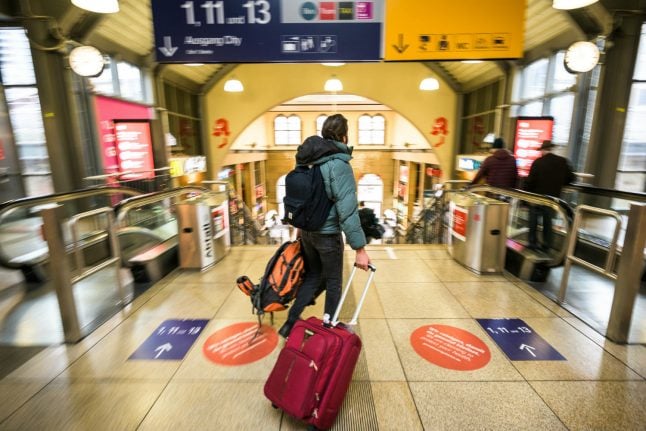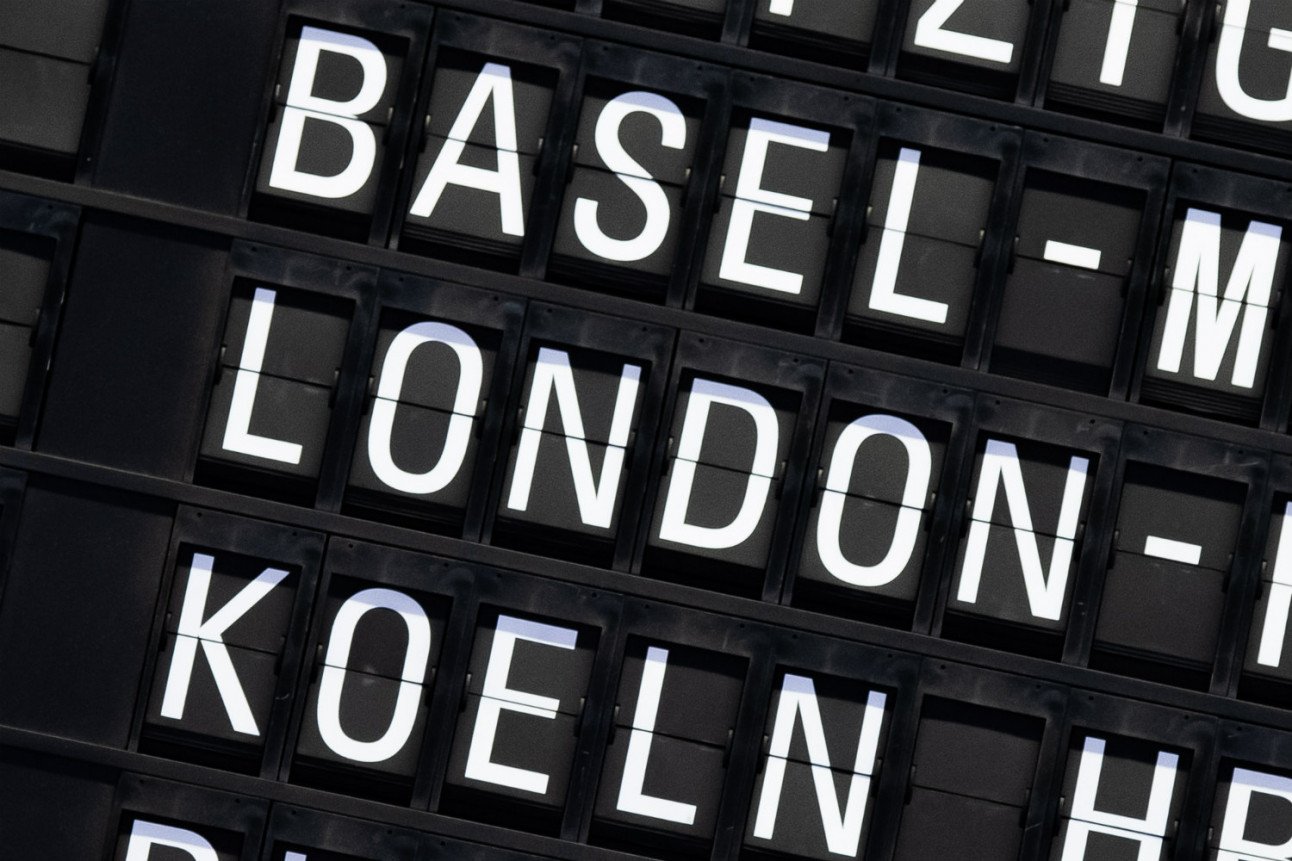Each spring, hordes of British students pour into the popular Salou beach resorts for university sports festival Saloufest – much to the joy of business-owners and the dismay of locals who dread their annual drunken antics.
Now, the mayor of Reus, just outside of Salou in Catalonia where Saloufest takes place, is forbidding party-goers from using the local football stadium after complaints on Monday.
Spanish newspaper La Vanguardia reported on Tuesday that an event in the stadium on Monday intended to be football-related turned instead into a show of heavy-drinking with young people walking around the pitch, leaving behind trash and sitting on the pitch.
The official Twitter of the local football team that plays in the stadium, CF Reus, tweeted on Monday "When we say 'occupy the stadium', we did not mean 'this'. Many thanks to Saloufest 2015 for permitting this."
Quan diem #omplimlestadi no ens referim a "això"… Moltes gràcies #Saloufest2015 i a qui ho permet pic.twitter.com/P1zQAHLRIk
— CF Reus Deportiu ⚽️ (@cfreusdeportiu) March 30, 2015
Saloufest reportedly brings in millions to the Catalan town and this year marks the 15th edition.
The event's dubious reputation sunk even lower in 2010 when a British girl told police she had been raped during the alcohol-fuelled celebrations.




 Please whitelist us to continue reading.
Please whitelist us to continue reading.
Member comments